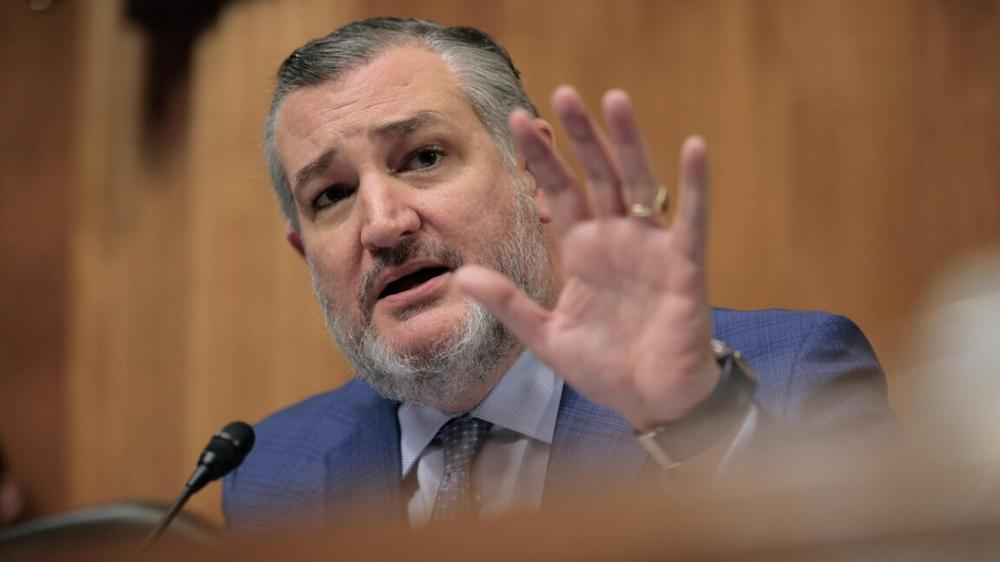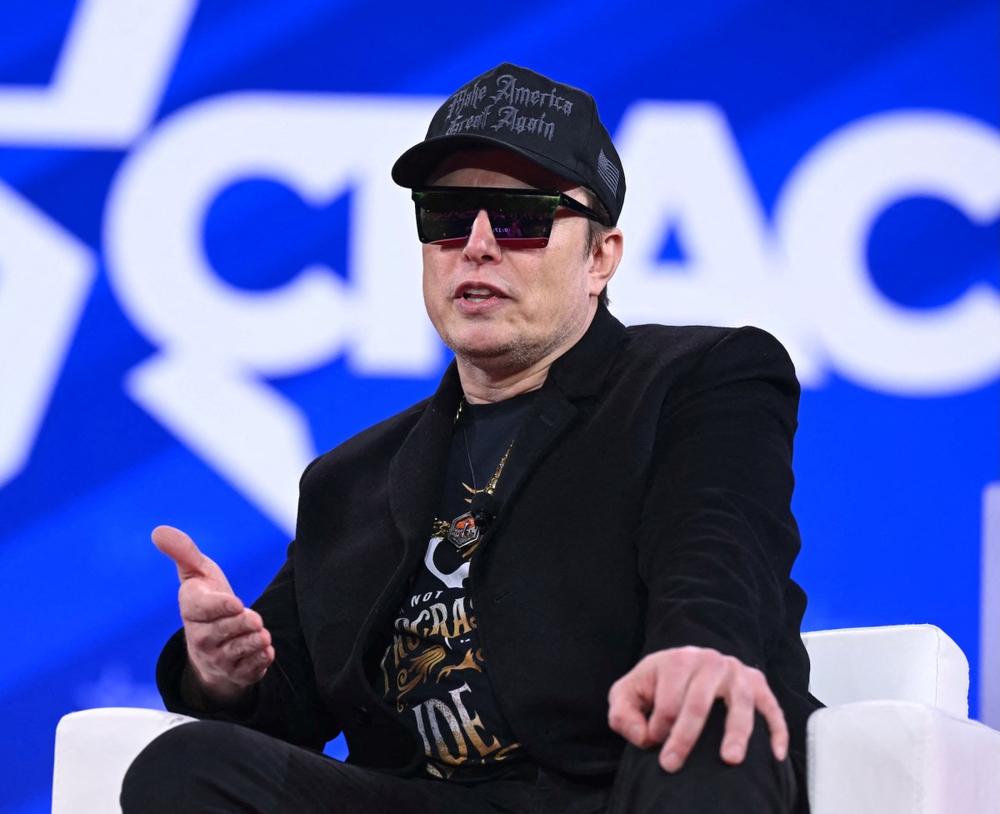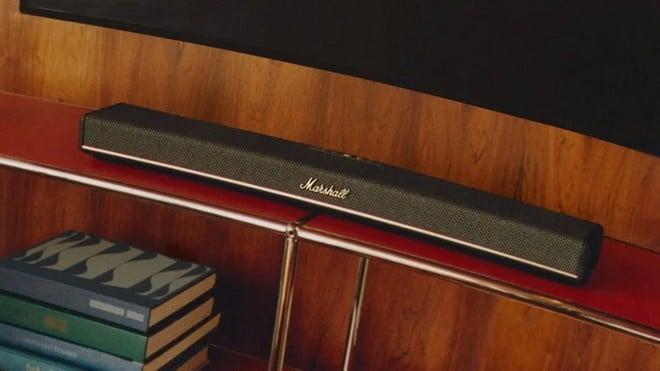All of the original US senators who created and sustained NASA's Space Launch System rocket over the last 15 years—Bill Nelson, Kay Bailey Hutchison, and Richard Shelby—have either retired or failed to win reelection. However, a new champion has emerged to continue the fight: Texas Republican Ted Cruz.
He seems an unlikely hero for NASA's large rocket, which costs the federal government more than $2 billion to launch. Cruz, after all, is a self-described pro-capitalist, fiscal conservative. SpaceX and Blue Origin, which are building large and significantly lower-cost alternatives to the SLS rocket, have large operations in Texas. In previous legislative sessions, Cruz has often carried legislation important to the commercial space industry, such as the American Space Commerce Act and the Space Frontier Act.
But now that he chairs the Senate Commerce, Science, and Transportation Committee, Cruz has made a significant shift toward supporting the SLS rocket and its chief contractor, Boeing.
Cruz seeks to save SLS
Earlier this year, Cruz crafted the NASA provision tacked onto President Trump's "One Big, Beautiful Bill," which included $10 billion in funding for key space programs, and in two notable areas directly undermined White House space policy goals.
As part of its fiscal year 2026 budget, the White House sought to end funding for the Space Launch System rocket after the Artemis III mission, and also cancel the Lunar Gateway, an orbital space station that provides a destination for the rocket. The Cruz addendum provided $6.7 billion in funding for two additional SLS missions, Artemis IV and Artemis V, and to continue Gateway construction.
In several hearings this year, Cruz has made it clear that his priorities for human spaceflight are to beat China back to the Moon and maintain a presence there. However, it is now increasingly clear that he views this as only being possible through continued use of NASA's SLS rocket.
A hearing with narrow viewpoints
This week, Cruz will hold a hearing titled, "There’s a Bad Moon on the Rise: Why Congress and NASA Must Thwart China in the Space Race." It is scheduled for 10 am ET on Wednesday.
"Make no mistake: we are in a 21st century space race," Cruz said in a statement. "Communist China is not playing by the same rules, and they are aggressively investing resources to dominate space. This hearing is an important opportunity to chart a course that reinforces American leadership in space, strengthens NASA, fuels our growing commercial space sector, and protects our economic and national security interests in the final frontier."
There are three witnesses listed on the committee's website as of noon ET on Tuesday: Allen Cutler, president and CEO of the Coalition for Deep Space Exploration; Dave Cavossa, president of the Commercial Space Federation; and Jim Bridenstine, former administrator of NASA. Cutler heads the chief lobbying group for the SLS rocket and Orion spacecraft, and Bridenstine leads government operations for United Launch Alliance, which is owned by Boeing and Lockheed Martin. Cavossa was expected to provide some balance, especially as Cruz said he wants to "fuel" the nation's growing commercial space sector.
However, late last week, Cavossa was uninvited to the hearing. "The only thing I can say is that they reached out to us late last week to say they were moving us to a future 'commercial' space panel," Cavossa told Ars.
The Senate Committee's press office did not return a request for comment. According to sources, however, Cruz committee staffers were upset by something in Cavossa's prepared remarks. Given that he represents commercial space interests—Blue Origin and SpaceX are among the organization's executive members—it seems possible that Cavossa was advocating for these launch companies to step up should the Trump administration move forward with ending the SLS rocket.
(Note: On Tuesday afternoon the Committee updated its website to reflect the new lineup: Cavossa is out, replaced by Michael Gold of Redwire, and Lt. General John Shaw, Former Deputy Commander of the U.S. Space Command).
Commercial space has no seat at the table?
Regardless, removing Cavossa from the panel suggests that Cruz believes commercial space has no role in the Artemis Program or America's race against China. This, of course, is not true. NASA has contracted with SpaceX and Blue Origin to build reusable lunar landers for Artemis, without which NASA astronauts can only fly around the Moon.
The reality is that, if Congress wants a sustained presence on the Moon, it needs one or both of SpaceX's Starship and Blue Origin's Mark II landers to work, along with their companion Starship and New Glenn rockets. Because these rockets are reusable, NASA could fly more frequent missions to the Moon. By itself, the SLS rocket is expected to have a flight rate of once every other year, or annually at best.
Another spaceflight advocacy organization, the Space Frontier Foundation, said it is healthy for Congress to have a robust debate about how the country should compete with China on the Moon. However, to do so, there should be a wide variety of viewpoints.
"The topic of our country’s strategy for competing for this new territory on the Moon, not just for the first footprint but the longer-term impact, is extremely important," said Sean Mahoney, executive director of the foundation. "We need better than just window dressing. We need an honest, realistic discussion about the costs, the risks, and the alternatives. It’s too important for this to just be something that gets a little bit of attention and then pushed through."

 Tesla’s fourth ‘Master Plan’ reads like LLM-generated nonsense
Tesla’s fourth ‘Master Plan’ reads like LLM-generated nonsense